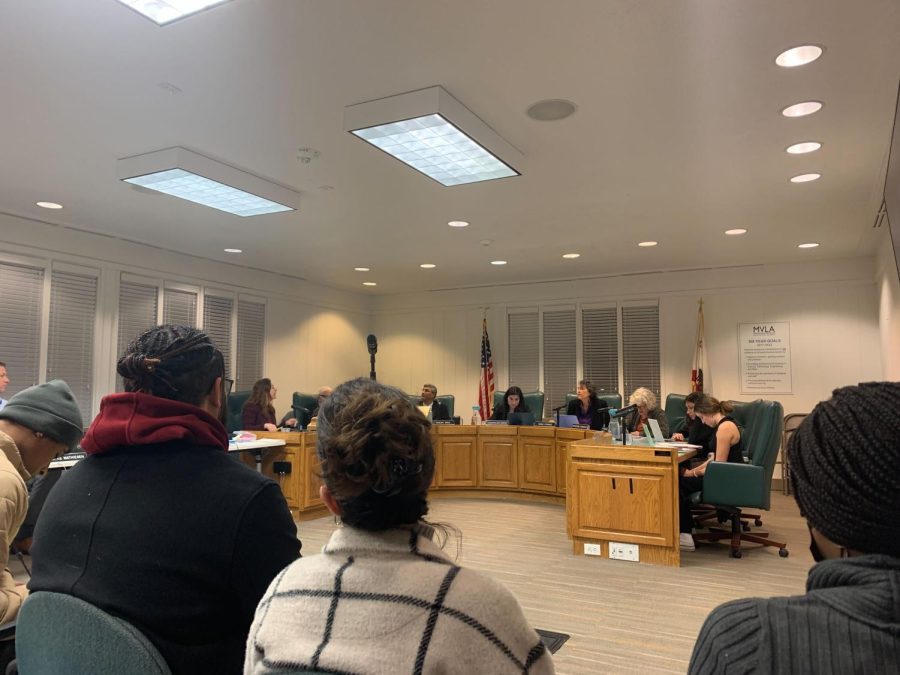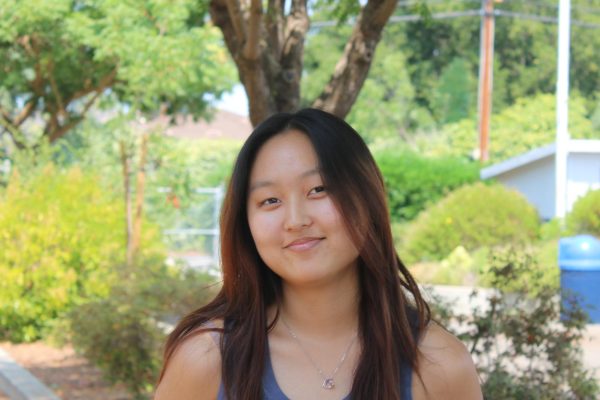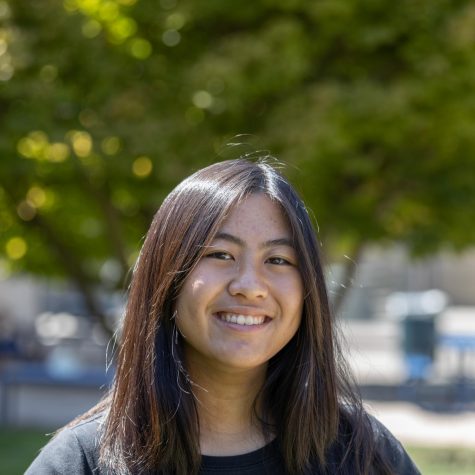MVLA Board updates graduation credits for Ethnic Studies
During the most recent Mountain-View Los Altos District Board meeting, board members made changes to the graduation credit requirements for the Ethnic Studies course.
The Mountain View–Los Altos Board unanimously voted to adjust Ethnic Studies credits at their meeting last Monday, January 23. Beginning next school year, the class will be worth 10 credits, taking 5 credits each from World Studies and overall elective requirements. An official presentation on the Ethnic Studies course for the upcoming 2023-24 school year will be given at the Board meeting on Friday, March 24.
With these new changes for the next school year and moving forward, Ethnic Studies will replace World Studies as the required freshman history course. World Studies will become an optional sophomore class, and courses like Advanced Placement (AP) European History and AP Human Geography will still be available.
World Studies and AP European History teacher Christa Wemmer explained that while she felt slightly disappointed that students wouldn’t be reviewing specific content for the sophomore AP social studies classes, she stated that Ethnic Studies was an essential component of the freshman curriculum.
“I think the big thing will be making sure [reading and writing] skills needed for AP Human Geography as well as AP European History are implemented in Ethnic Studies,” Wemmer said.
Throughout the meeting, there were several suggestions about making Ethnic Studies a senior-level, semester class, or combining Ethnic Studies with an English course. However, the Board ultimately decided to maintain the independence of the social studies class, recognizing that shifting courses throughout grade levels while maintaining a 220-credit system was difficult.
“I think it’s important to keep Ethnic Studies as a standalone course because it is different from a traditional history class,” Ethnic Studies teacher Roger Kim said. “It’s a lot of social studies about what society is now. How did we get here? How does it work? And how, most importantly, how do we change it?”
Additionally, Associate Superintendent Teri Faught argued that a freshman-level Ethnic Studies course would facilitate the strengthening of a foundation in both students’ educations and identities.
“There’s been research done in year-long Ethnic Studies classes taught at the freshman level, and [it shows that] it supports identity and understanding of diversity,” Faught said. “They also see an increase in student success, student engagement, and level of belonging.”
The importance of learning the aspects of their own identity is echoed by the students currently taking Ethnic Studies.
“The class covers lots of hate that has been happening recently, such as racism, homophobia, and more,” freshman Mau Grigoryev said. “It gets students to actively think about different [groups of] people, and not discriminate against them.”





